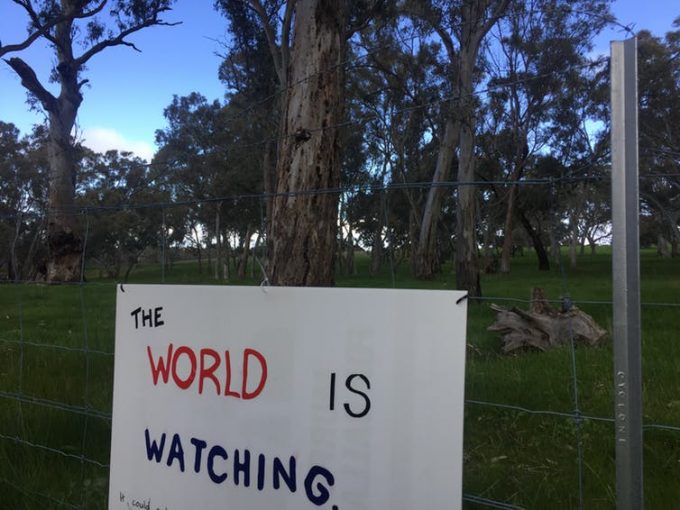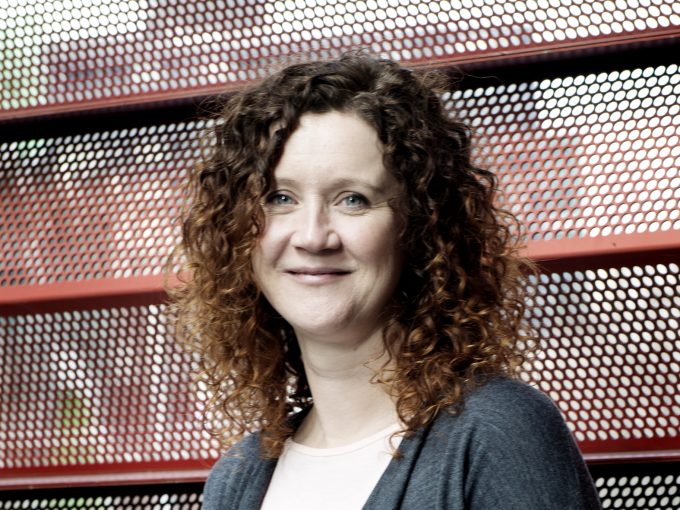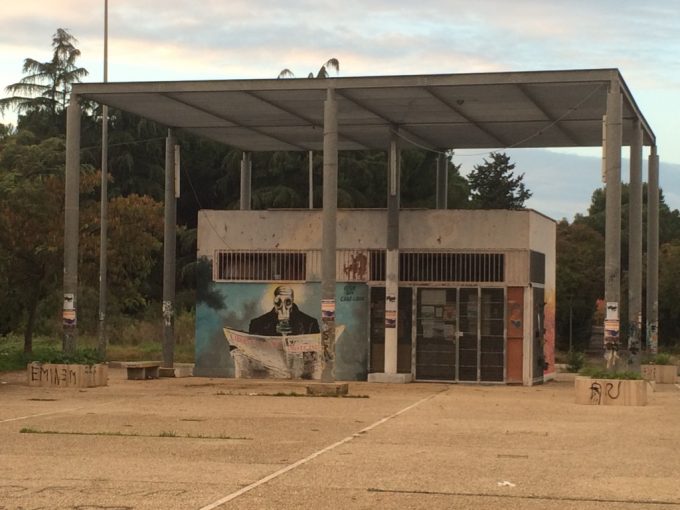It’s not uncommon for academics to attend conferences that cost thousands of dollars and require time away from our usual place of work.
Originally published on The Research Whisperer – 21 March
Authors: Yolande Strengers and Cecily Maller
Many internal and external travel grant schemes support our engagement in these events, where we disseminate research, network, collaborate, and acquaint ourselves with the latest and greatest knowledge.
Strangely though, taking time out for writing retreats is less accepted, supported or practiced in academia.
We noticed this discrepancy last year when we organised a week-long writing retreat. It was fabulous, but some of the reactions we received indicated that it certainly wasn’t normal.
This got us thinking about the perceived legitimacy of the activity. Some obvious questions came to mind.
Do academics really need a ‘retreat’ to write? Isn’t that meant to be part of our ‘day’ jobs? Why should we spend precious funds on accommodation and cheese to deliver academic goods we are already paid to deliver?
The answers, we suggest, come from considering the changing role of academics in contemporary practice. Australian academics are expressing nostalgia at what Fabian Cannizzo describes as ‘the Golden Age of scholarship’, which in current times ‘invokes a sense of lost purpose and a dilution of the values of scholarly/scientific practice’.
Recent and ongoing shifts towards the neo-liberalisation of academia, the ‘research impact’ agenda, and the increasingly contingent labour force mean that academics overall have less time to do scholarship and are expected to contribute more to other activities that may or may not be central to it.
As any writer is aware, feeling constantly too busy and being involved in increasing public and industry engagement isn’t usually a recipe for any writing, let alone good writing.
In response, many academics attempt to organise their weeks with days at home or by creating dedicated time for writing either individually or collectively (e.g. through organised ‘shut up and write’ groups). These ‘timespaces’ for writing are meant to legitimise scholarly practice and can provide the intellectual headspace needed to think and write at the level required to produce high-quality scholarship. But, for some academics, creating room for this activity is not possible – or enough – to keep the other demands on our time at bay.
In this post, we reflect on how and why a writing retreat can be an effective remedy to the maladies of the academic time-squeeze.
After successfully experimenting with (and self-funding) our own writing retreat, our research centre provided modest support towards a larger retreat to which we invited members of our research program and writing collaborators from other institutions.
Our first goal was to find an ‘exceptional space’ suitable for a week of intensive writing: one removed from the usual expectations and demands on our time, both at work and at home.* A colleague did the groundwork on finding a suitable property. It needed to be close enough to Melbourne and accessible by public transport for those who could only stay a few days; have good internet access; as many bedrooms as possible; peaceful natural surroundings for walks and general calmness; and plenty of seating and tables for writing.
Timing was crucial. The first time we retreated, we went away for 3 days. While we were productive, we felt under the pump. Going for an entire week helped create the calmness needed for this exceptional space to write. We weren’t thinking about needing to ‘go back to work’ in two days’ time; we had devoted the whole week to this one activity, and we had the weekend at the end of it.
Having an entire week also meant that we developed a good routine. We had one purpose for each day: write. We agreed to some ‘ground rules’ up front, involving quiet time between 9am-6pm with a one-hour communal lunch break. Colleagues were welcome to work less or more than that, but most stuck loosely to these parameters.
Going away legitimised putting auto-responders on our email so that we didn’t have to attend to every request coming to our inbox. We could politely say: ‘We are writing. Please go away.’ without any significant consequences. Our priorities became clearer and emails started to feel less important as the week, and our writing, progressed.
Without the normal demands on our time or the usual commute, mornings began with yoga, sleep-ins or walks/runs, and evenings were times to unwind with walks, dinner, conversation or ‘free time’. The whole week had the air of a health retreat or even a holiday, which contributed to the general feeling of slowness or, more importantly, the feeling that we had time to write.
And write we did.
In an attempt to neo-liberalise the weekend, we quantified our collective scholarly output. Among the seven participants, we worked on 15 writing outputs (10 journal articles, 1 book proposal, 3 book chapters, 1 blog). On top of this, we networked, collaborated, and acquainted ourselves with the latest knowledge in our fields.
We also had fun. We joked, talked and cooked. We turned off our academic brains and watched Die Hard one evening. We ‘networked’ with each other and our national and international collaborators who joined us. The week reminded us why we became academics in the first place. It showed us that we can still enjoy our jobs and deliver scholarly output amidst a changing and challenging academic culture. It gave us hope, as well as outputs. We didn’t feel like we were ‘publishing or perishing’. We felt like we had made the time and space to write, and produce valuable contributions that are at the core of our work.
It was not only the act of writing for a week that was valuable, but the role it played in validating and normalising this activity amongst our academic peers. The practice of retreating to write demonstrates the value and legitimacy of this activity to others. It didn’t hurt that we also had impressive outputs to show for it.
The week left us refreshed and motivated. It got us thinking how else we might cultivate this kind of slowness in our academic practice – as others within academia are writing and thinking about. More retreats? Yes, definitely. But we recognise that not everyone can get away. We also need to work towards cultivating slowness, exceptional spaces and ritual in other aspects of our job. Dedicated writing days (or weeks), ‘shut up and write’ groups, or other strategies designed to slow down and make space and time to write could also support scholarly activity amidst the hum-drum of the changing academic climate.
Writing retreats may not work for everyone but, as our experiences show, they can be a highly productive way for academics to spend time. They are at least as worthy of funds and time away as attending conferences, which sometimes don’t meet expectations and often are not half as much fun!
* Although our institution has a regional property for scholarly writing, it is booked well in advance and bookings are prioritised for creative writers from outside academia. The property was unavailable for the time we had set aside for the retreat.




